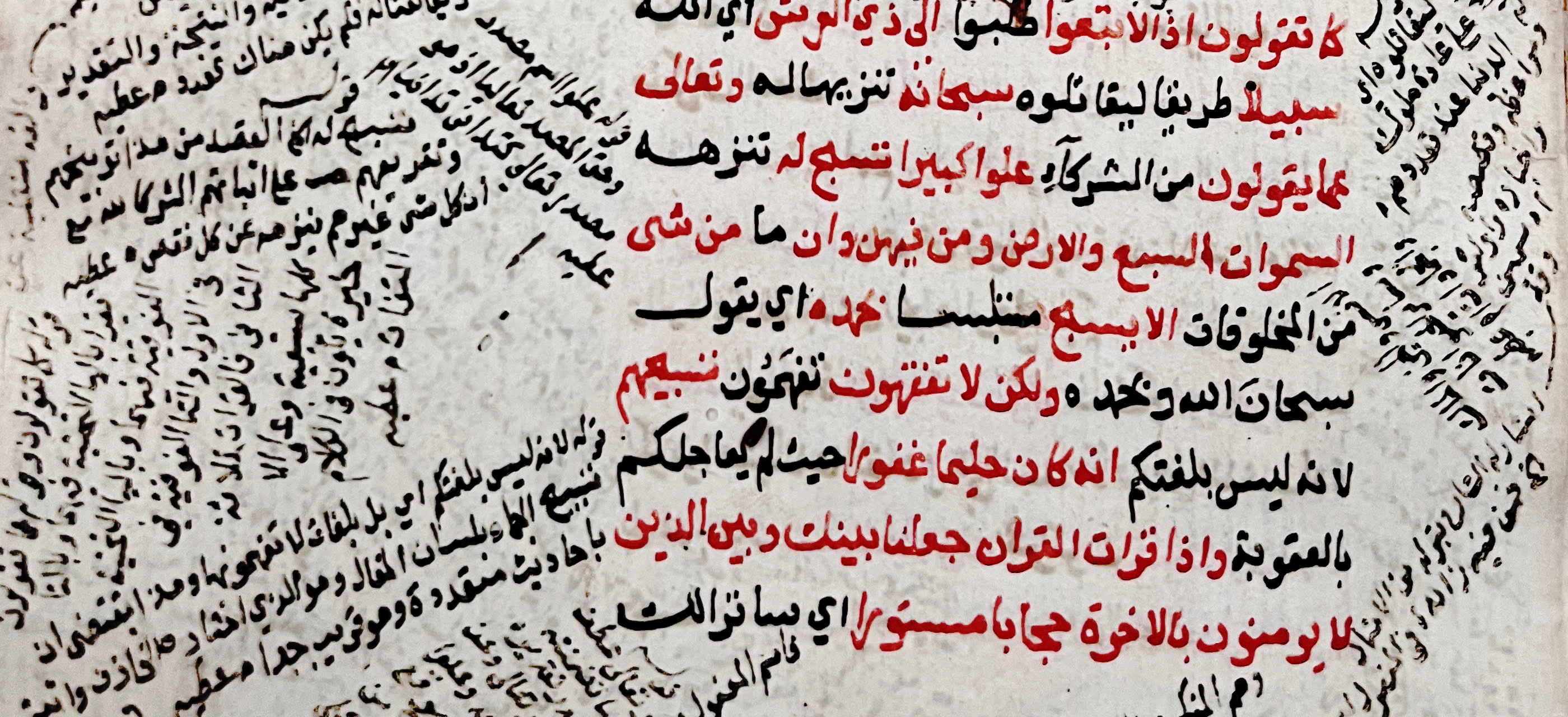Swahili Cosmopolitanism in Africa and the Indian Ocean World, A.D. 600–1500
Contenu
- Titre
- Swahili Cosmopolitanism in Africa and the Indian Ocean World, A.D. 600–1500
- Créateur
- LaViolette, Adria Voir tous les contenus avec cette valeur
- Date
- 2008
- Dans
- Archaeologies Voir tous les contenus avec cette valeur
- Résumé
- Coastal peoples who lived along the Eastern African seaboard in the first millennium A.D. onwards began converting to Islam in the mid-eighth century. Clearly rooted in and linked throughout to an indigenous regional Iron Age tradition, they created a marked difference between themselves and their regional neighbors through their active engagement with Islam and the expanding Indian Ocean world system. In this paper I explore three ways in which interrelated cultural norms—an aesthetic featuring imported ceramics, foods, and other items, Islamic practice, and a favoring of urban living—created and maintained this difference over many centuries. These qualities of their identity helped anchor those who became Swahili peoples as participants in the Indian Ocean system. Such characteristics also can be seen to have contributed to Swahili attractiveness as a place for ongoing small-scale settlement of Indian Ocean peoples on the African coast, and eventually, as a target for nineteenth-century Arab colonizers from the Persian Gulf. This paper examines the archaeology of these aspects of Swahili culture from its early centuries through ca. A.D. 1500.
- Sujet
- Zanzibar Voir tous les contenus avec cette valeur
- Langue
- eng
- volume
- 4
- numéro
- 1
- pages
- 24-49
- Titre abrégé
- Arch
- doi
- 10.1007/s11759-008-9064-x
- issn
- 1555-8622, 1935-3987
LaViolette, Adria, “Swahili Cosmopolitanism in Africa and the Indian Ocean World, A.D. 600–1500”, 2008, bibliographie, consulté le 21 décembre 2024, https://ibadica.org/s/bibliographie/item/7558
Position : 4566 (23 vues)

